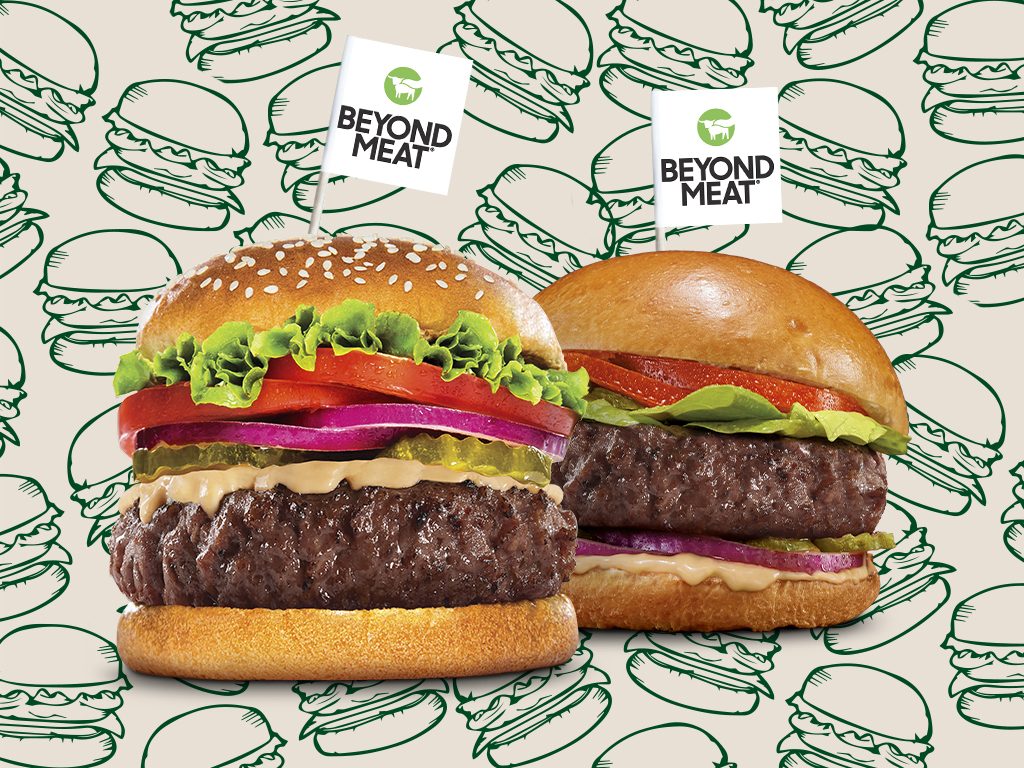
Recently, as more people are switching their diet to vegetarian for health and veganism that denies the exploitation of animals increases, the demand for artificial plant-based meat, including Beyond Burger and Impossible Burger, is rapidly increasing. When you hear the word plant-based, the image that seems to be good for health is strong, but is artificial plant-based meat really good for health? Richard Hoffman, a nutrition researcher at the University of Hertfordshire in the UK, draws attention.
He claims that a lot of artificial meat is made primarily from plants, but he points out that it’s no different from other superprocessed foods. Super processed foods refer to foods that contain a lot of salt and additives such as sugar, oil and fat, such as snacks, ice cream, frozen foods, candies, energy bars, and processed meat. Artificial meat often contains high amounts of the same ingredients as processed foods, such as protein isolates, emulsifiers, binders, and other additives, and can be considered a superprocessed food because it is manufactured using industrial processing methods.
Superprocessed foods are being pointed out in relation to obesity, type 2 diabetes, cancer, and other chronic diseases, and this appears to be the result of a combination of factors such as low nutritional value and lack of synthetic additives and fiber. Studies have shown that eating super-processed foods can lead to an increased risk of death, and studies showing that eating super-processed foods shortens telomeres at the ends of chromosomes are also being reported. However, because super processed foods are easy to obtain and easy to overeat, super processed foods account for more than half of people’s calorie intake in the UK, US, Australia and Canada.

Since plant-derived artificial meat appeared recently, it is not yet clear whether artificial meat actually has the same health risks as many super processed foods. However, it is pointed out that artificial meat contains ingredients that are cause for concern.
Most artificial plant-based meats use soy protein concentrates as their main protein source. But soy protein concentrate contains nitrites comparable to bacon. Although nitrites are widely used as preservatives in bacon and sausage, it is pointed out that nitrites may be involved in carcinogens fish in the body, and eating processed meat such as bacon is known to increase the risk of colorectal cancer. Nitrite has also been linked to an increased risk of chronic diseases such as kidney disease, type 2 diabetes, and respiratory disease.
Haem is a molecule contained in blood hemoglobin and myoglobin in muscle, and can be used in artificial meat to give meat its distinctive color and taste. However, heme reacts with nitrite to form a more harmful substance called nitrosyl-heme. It is unknown whether artificial plant-based meat reacts like other meats, but there are concerns about artificial meat containing heme and nitrite.
Many plant-based artificial meats use cellulose as a stabilizer and emulsifier to create a meaty texture. However, cellulose has been shown to increase inflammation by altering the gut flora in mice. These changes may increase the risk of colorectal cancer, but their impact in humans appears to be lacking.

So far, no evidence has been substantiated in human studies of an association between the risk of colon cancer or other chronic diseases by eating artificial plant-based meat. They also conducted safety testing on a new type of heme used in artificial meat, which was done as a heme group and was different from the real situation where interactions with nitrites and other additives could occur.
Some people who eat plant-based meat may feel that the potential risks of artificial meat can be offset by concerns about the environment and animal welfare. But if you’re concerned about your health, you can also opt for more sustainable animal meats and incorporate soy into your dishes for a high-protein and low-impact diet.
Above all, there is no evidence that artificial meat adversely affects health, so it is not confirmed that eating artificial meat is dangerous. Since the artificial meat market is a new field, it is still being researched and there is a possibility that artificial meat that has been proven to have no health effects will emerge. But if you’re thinking about buying one of these products, it might be worth checking out the ingredient list first and knowing that there’s a risk of consuming ingredients that aren’t very different from superprocessed foods. Related information can be found here.


















Add comment